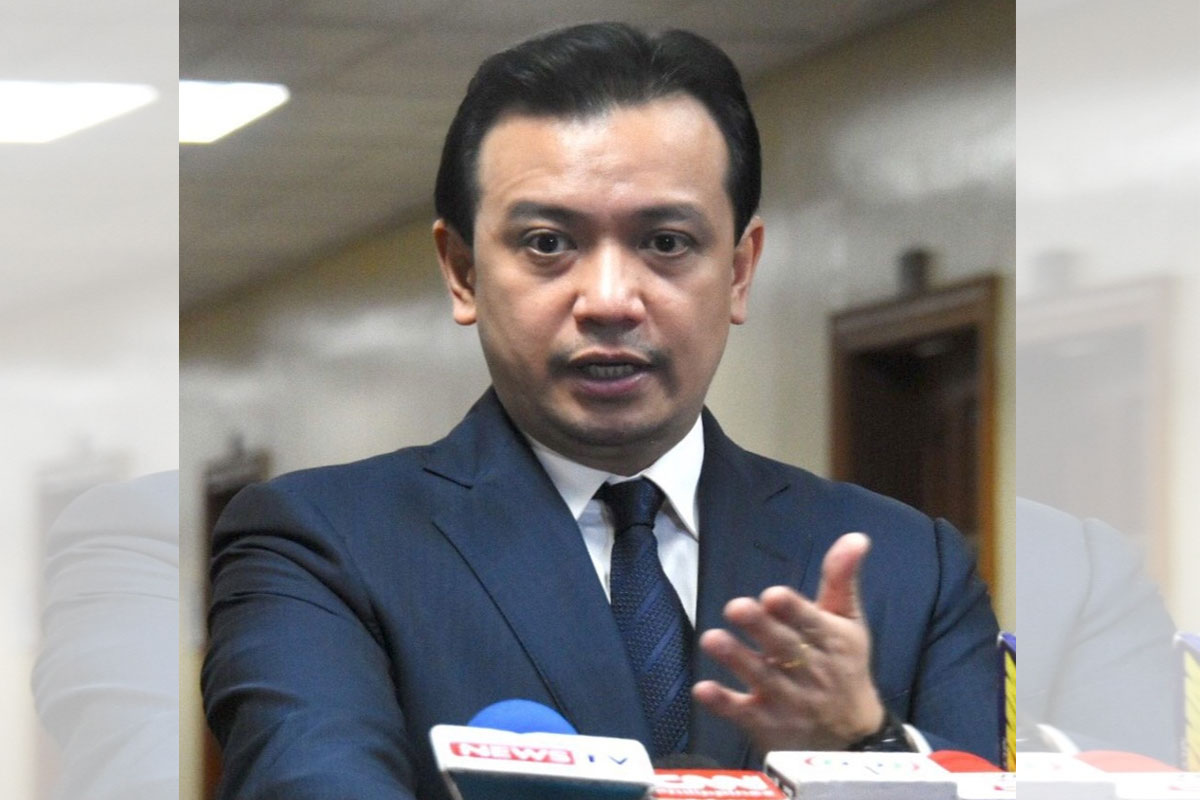
Impact of blended learning on teachers cited
TEACHERS have admitted that online and blended learning affect their mental and physical health.
ACT Teachers Rep. France Castro has raised alarm over the serious welfare issues of public school teachers that greatly affect their health and capacities.
The mental health has an adverse effects on the delivery of quality education amid the pandemic, Castro pointed out.
According to an online survey conducted by the Alliance of Concerned Teachers, more than 70 percent of the teacher-respondents deem that distance learning workload has negative impacts on their physical and mental health, with 10 percent admitting to already falling ill due to the problems brought with distance learning and their burdensome duties.
“Teachers are our education frontliners. The Duterte administration must also prioritize addressing the serious labor situation of public school teachers and must be given due consideration in their planning for the opening of the next school year,” Castro said.
The ACT Teachers party-list is receiving reports that teachers in different regions that their health conditions are worsening due to the demands of their workload and the lack of support from the government to fulfill their duties.
Reports of worsening cases of hypertension, stress, lack of rest, blurred vision, involuntary muscle twitching, hand tremors, chronic back pain and depression among other symptoms caused by the overworked and underpaid welfare situation.
“On top of the perennial problems of shortages in education, Castro added that many problems in education emerged with the government’s blended distance learning which have yet to be addressed by the Department of Education.
There are still shortages in gadgets, modules, and access to the internet for both students and the teachers.
Also, teachers are expected to submit many reports on distance learning implementation that the DepEd arbitrarily orders, and requirements for the teacher evaluation system Results-based Performance Management System, and the Learning Delivery Modality course modules that teachers are required to accomplish.
. “With these additional requirements and their teaching requirements, the 8-hour work rule is widely violated. According to the survey by ACT, 41 percent of teacher respondents from NCR and 29 percent of those working outside Metro Manila said they work 9-16 hours a day and even beyond class days to be able to fulfill the requirements set by the DepEd,” she added.
Meanwhile, with the extension of the school year, teachers would also be forced to render 77 days of overtime work on the extended working school year this year. Public school teachers will be working for almost 13 months without an official summer break.





















